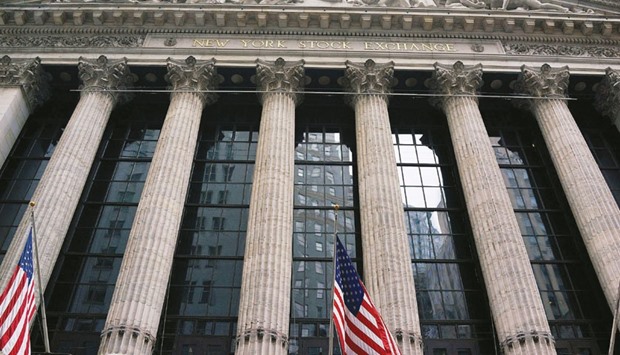“This morning when I rolled over in my bed at 4am to check the markets and saw what happened in China and in US futures I thought, ‘Oh, here we go,’” said Howard Ward, a Wall Street veteran of four decades who oversees $42.7bn as the chief investment officer of growth equities at Gamco Investors. “I’m getting too old for this.”
As the stunning selloff in China caused two shutdowns and convulsed financial markets around the world this week, Wall Street traders have been left to look for whatever clues they can to make sense of it all. Once-obscure events like the yuan currency fixing, which comes four hours after the New York Stock Exchange closes, are now being obsessed over by traders everywhere with a mix of anticipation and dread.
To appreciate just how focused investors are on Shanghai, look at Thursday’s reaction to news that China would suspend the week-old circuit-breaker system that the night before halted trading after 29 minutes. Down 1.8% before the news, the S&P 500 went straight up for 90 minutes as investors realised they’d be spared the sight of the Chinese stock market opening, plunging and then slamming shut. The boost was temporary, as anxiety grew that regulators are improvising as they try to stabilise markets.
“Regulators there have bad ideas,” Ward said. “The circuit breakers were poorly designed and were designed almost to instil panic, which is exactly what happened. There was no question that as soon as trading opened it wouldn’t last long. Talk about yelling fire in a crowded theatre.”
Chinese stocks rallied in volatile trading yesterday, with the Shanghai Composite Index climbing 2% at the close after the central bank set its reference rate little changed from Thursday’s fixing and state-backed funds were said to intervene. That bolstered US index futures, with contracts on the S&P 500 advancing 1.3% to 1,958.20. The start of 2016 has been one of the fastest retreats from risk ever by investors coming back from New Year’s holiday. Over the first four days of this week, more than $4tn was wiped from the value of global equities, volatility in the broadest stock gauges has jumped 30% or more, and 9% was shed from the price of oil. Almost everything - from junk bonds to cocoa and coffee - has tumbled.
Adding to frustration among American traders was a sense that not much that is happening in China’s stock market was relevant to either the Chinese or US economies, let alone prescriptive for how equities should trade in America. Four days into 2016, though, the S&P 500 has plunged more than 5% to cap its worst four-day start to a year since records began.
“It’s definitely the Asian tail wagging the Western dog right now,” said Eddie Perkin, who helps oversee $311bn as chief equity investment officer at Eaton Vance Corp Perkin said looking in on China is the last thing he does before bed and the first after waking up.
“I’m not sure that we’ve learned a whole lot new in the last few days, even though we’ve had a lot of volatility,” he said. “There are a lot of technical factors around these circuit breakers and the restrictions on insider selling in China. A week from now, we’ll all be talking about US corporate earnings.”
The China Securities Regulatory Commission announced the suspension on its official microblog account on Thursday night. The decision came hours after CSRC officials held an emergency meeting to talk about conditions on the nation’s tumbling stock market, according to a person familiar with the discussions who asked not to be named because he wasn’t authorised to speak publicly.
The nation’s market circuit breakers, which halted exchanges for 15 minutes after a 5% drop in the CSI 300 and for the rest of the day after a 7% retreat, were criticised by analysts for exacerbating losses as investors scramble to exit positions before getting locked in.
“If it’s somebody who really doesn’t know a lot about China, this is kind of scary. They say, ‘Oh my god, their market can drop 7%,’” said Nick Sargen, who helps manage $46.2bn as chief economist and senior investment adviser for Fort Washington Investment Advisors.

